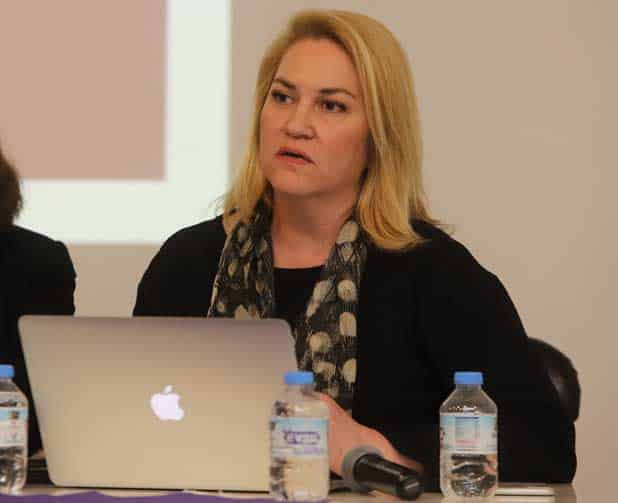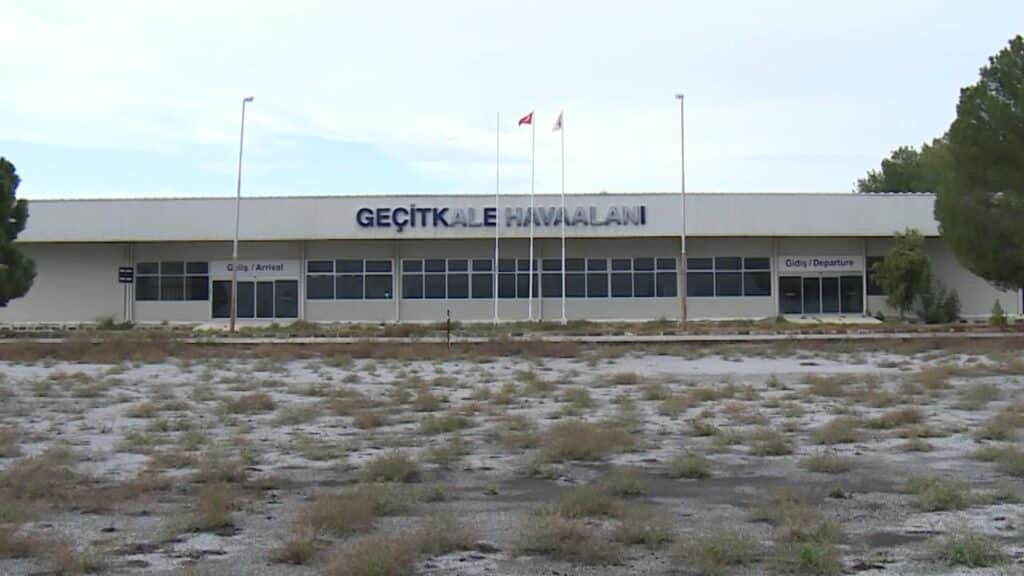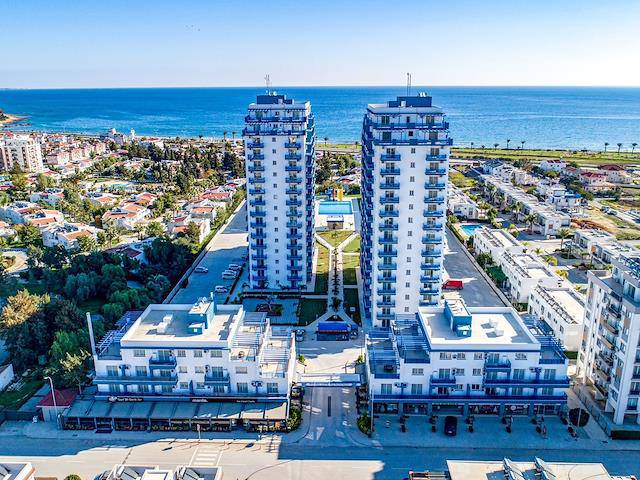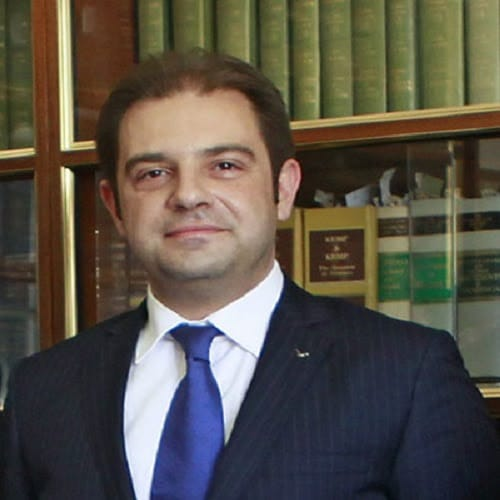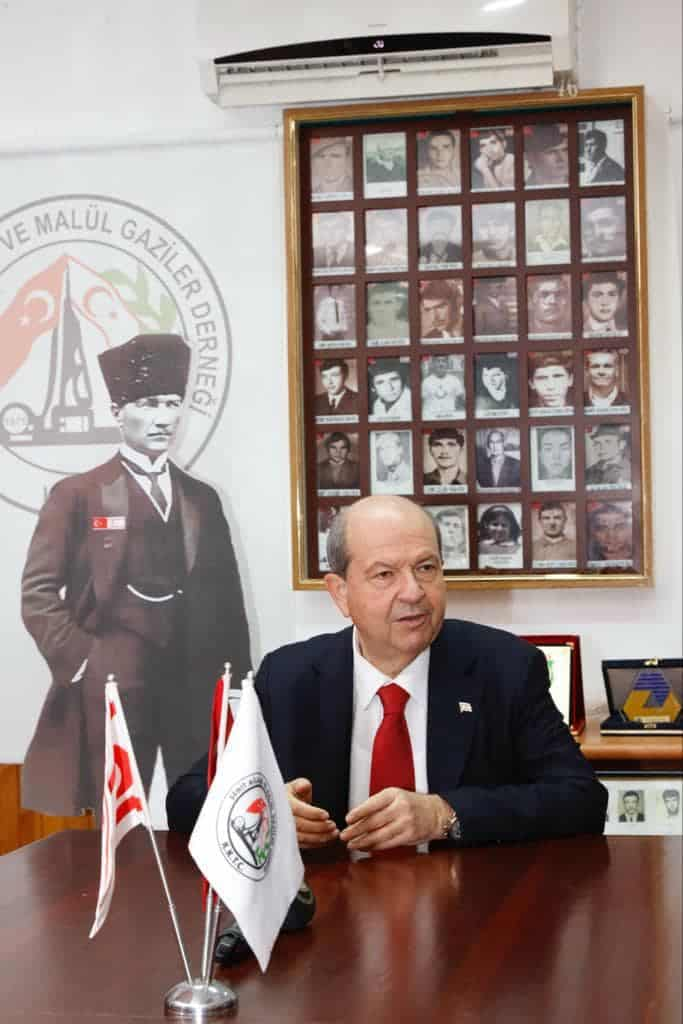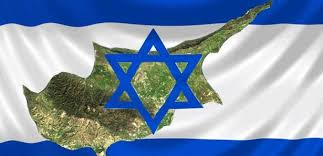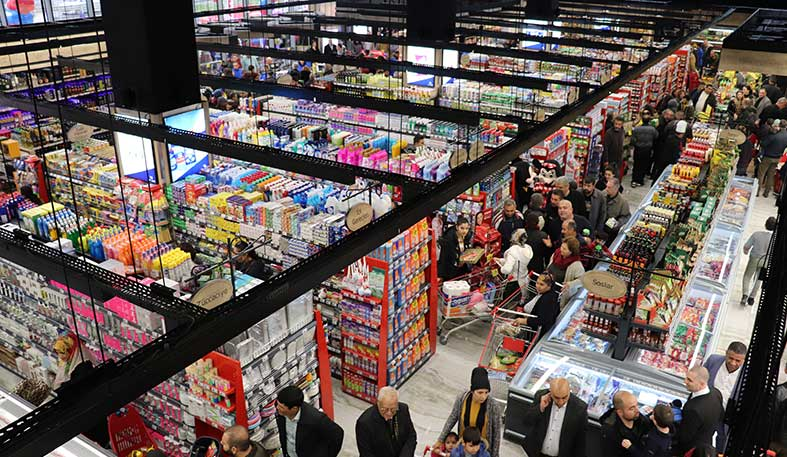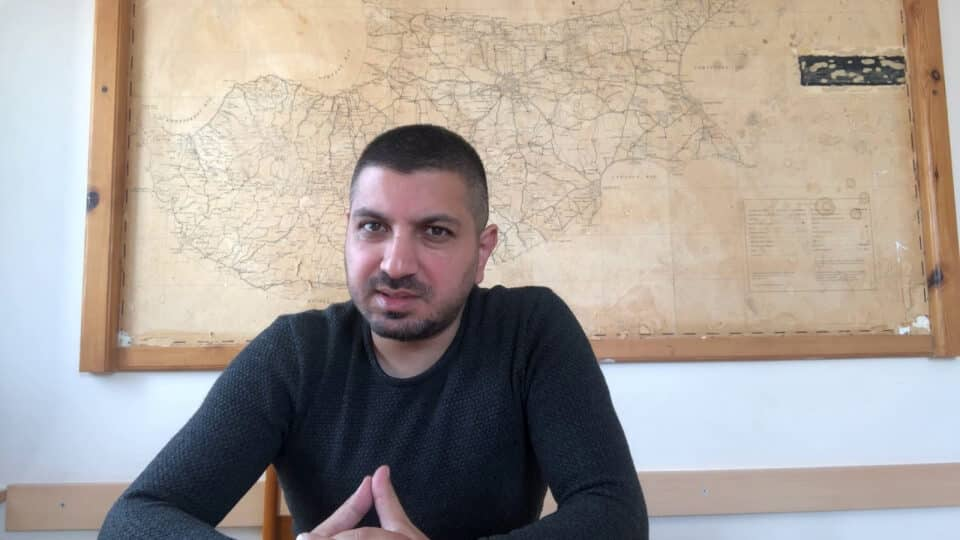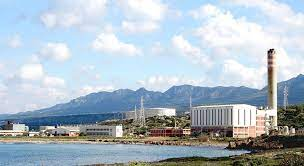April 29, 2024
Turkish Cypriots took the streets on Friday in a march against corruption, demanding that the “swamp is dried and those responsible are brought to account.”
In the demonstration, supported by some 30 civil society organisations and political parties, protesters chanted against the “theft, bribery, nepotism, money laundering” in the northern part of Cyprus.
The protest came days after a 2023 study on corruption revealed “very common” and “worsening” corruption in the north along with bribery, money laundering and political corruption.
According to the comprehensive study based on Transparency International’s Corruption Perceptions Index (CPI) methodology, the north has a corruption perception score of 27 out of 100. On a scale of 0-100, zero indicates very high corruption and 100 indicates no corruption.
The score of 27 is far below the average score of 43 in 180 countries and places the north in the 140th position on the index along with Cameroon, right after conflict-ridden countries of Gabon, Laos, Mali and Paraguay. The corruption perception score of Turkey in 2023 is 34, placing it in 115th position, while the corruption perception score of the Republic of Cyprus is 53, placing it at 49. The average score for the European Union is 65.
“There is a very clear downwards spiral,” says Omer Gokcekus, one of the academics who has conducted the study for the past seven years. “And it is accelerating. This result is not coincidental or a product of the margin of error. The situation is serious.”
The score for the north has been significantly decreasing since 2017 when the first study was conducted. The score for the north at the time was 40. It ranked 81 among other countries, much higher than the current rank of 140.
Transparency International, which publishes the corruption perception scores annually for 180 countries, does not actually cover the northern part of Cyprus. But academics, Gokcekus and Sertac Sonan, with the sponsorship of German Friedrich-Ebert-Stiftung (FES) foundation, have been measuring the perception of corruption in the north for the last seven years. They use Transparency International’s methodology based on surveys done among business executives and a group of retired senior civil servants.
Corruption rampant among ministers
A staggering 93 per cent of the 324 business executives in senior managerial positions surveyed said that there is corruption, with 80 per cent believing that corruption ‘is a very serious problem’. About 67 per cent said corruption increased in the past year.
Corruption was found to be most rampant among ministers (58 per cent) and politically appointed senior civil servants (54 per cent). The least corrupt were police, prosecutors and judges. According to participants, the most effective institution in the fight against corruption is police but by only 22 per cent.
Bribery
Twenty-five per cent of the business executives surveyed admitted to giving bribes, gifts or “offering a favour” in the past year, while a further 14 per cent refused to give an answer.
“Many people do not want to answer,” a question about bribery, Gokcekus told the Cyprus Mail. “It is not something to be proud of.” He added that the 14 per cent, who refused to answer the question, can definitely not be considered in the same category as those who said they did not resort to bribery.
The top three reasons for giving bribes were listed as “expediting procedures”, “finalising procedures” and “getting better treatment”. According to the business executives, “bribery or undocumented extra payments” are most common in public tenders, issuing of permissions and licences, land registry procedures and allocating and leasing public land and buildings. It is least common in obtaining favourable judicial decisions.
Money laundering
The study also revealed that 53 per cent of the participants believe that activities aimed at money laundering are common. The recent increase in the number of foreigners settling and investing in the northern part of Cyprus has heightened concerns about money laundering and led the Turkish Cypriot assembly to approve stricter anti-money laundering provisions.
Political corruption
The survey also gave indications about political corruption with 58 per cent of respondents saying that it is common to buy votes or offer special favours during election periods. Thirty-eight per cent said voters are frequently threatened with punishment unless they vote in a certain way.
Corruption at the top
Fifty-five per cent said the government is run by a group that largely only cares about its own interests while 64 per cent said officials involved in corruption are “not prosecuted” or “very rarely prosecuted”.
In fact, Turkish Cypriots are no stranger to top officials being involved in alleged corruption or corruption.
Turkish Cypriot leader Ersin Tatar has been under investigation by United Kingdom’s Serious Fraud Office (SFO) as one of Asil Nadir’s main helpers in the Polly Peck case in 1987. Tatar, who was the assistant treasurer, was alleged to have shredded evidence. He was unable to travel to the UK from 1991 until 2019 when the SFO confirmed that it was discontinuing proceedings against Tatar on the grounds that it is not now in the public interest to prosecute him.
Head of the Turkish Cypriot ruling coalition, Unal Ustel, has been embroiled in the infamous ‘jet scandal’ of 2020. Ustel, who was the then ‘tourism minister’, gave special permission for a group of nine Turkish businessmen and three Russian escorts to fly into Ercan (Tymbou) in a private jet and bypass the strict Covid-19 testing and quarantine rules.
Speaker of the Turkish Cypriot assembly Zorlu Tore, meanwhile, was arrested in Istanbul in 2006 trying to smuggle cigars. He avoided prosecution when he got elected in the assembly in 2009 and gained immunity.
Tolerance is increasing
Perhaps one of the most worrying findings of the study was the increase in the community’s tolerance of corruption. The percentage of those, who agreed with the statement “It is acceptable to use personal relations and connections with those working in public institutions to expedite procedures,” increased to 17 per cent from 5 last year. The percentage of those, who agreed with the statement “it is acceptable for the government to be involved in corruption as long as it provides good service,” increased to nine per cent from three per cent last year.
“Many Turkish Cypriots have normalised corruption,” says Gokcekus, adding that this is very troublesome. “If you don’t see something as a problem, if it doesn’t bother you, you don’t try to fight it.”
https://cyprus-mail.com/2024/04/29/increasing-tolerance-of-corruption-in-the-north/


